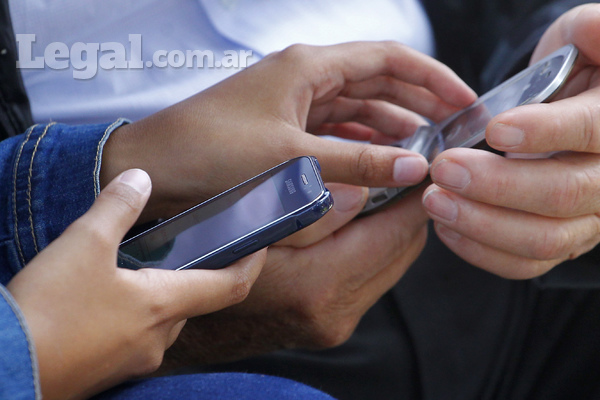I could be wrong, but I don't think my question was that vague.
In a situation in which a recording was made legally, it can surely be used in
any* context; it is only when a recording is
illegal that exception could be made depending on context/usage; e.g. death threats.
Most U.S. states, U.S. federal law, Canada and several European countries permit a recording of practically any conversation - real or phone - so long as one party to the conversation knows of the recording. This means if youre talking to someone and want to record the conversation, you can do so without any notification. Several U.S. states insist on all parties being notified.
The Wikipedia article lays it out pretty clearly.
Again, I don't know of any use such a recording would be illegal for, so long as it was legally made.
* For the benefit of trolls, let us assume that "any use" refers to any inherently
legal use. Using a legally-recorded conversation for blackmail/extortion would not be legal, but this would be on account of the extortion being illegal, not the use of a recording.
* UPDATE: Upon re-reading the Wikipedia entry I linked to, it turns out your distinction based on use, viz. personal vs. third-party disclosure, is correct at least in the U.K.

